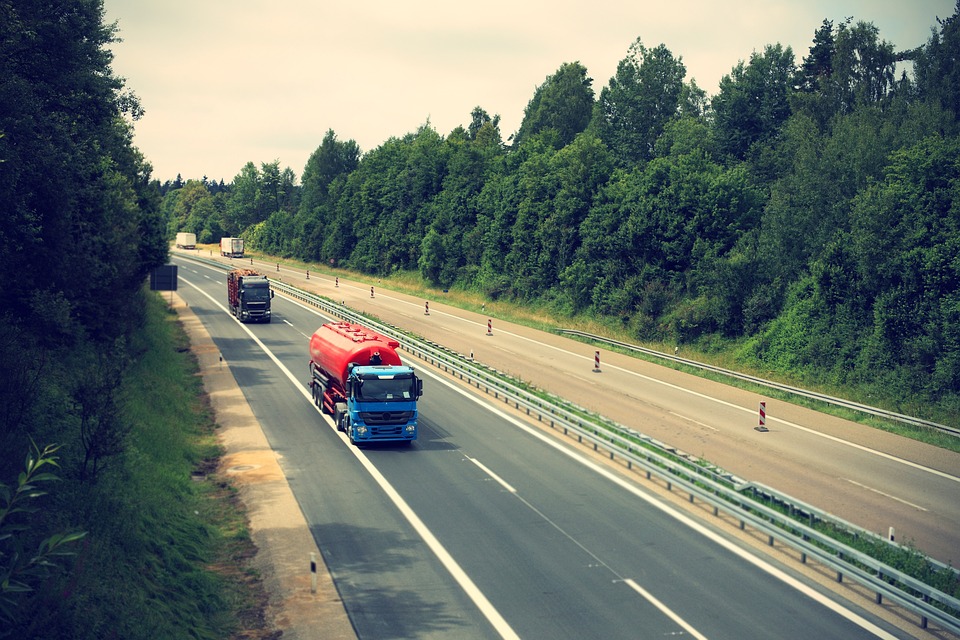A new initiative aimed at unlocking the full potential of energy upgrades in existing housing stock has been officially launched with the kick-off of the Energy Upgrades for Australian Homes (EUAH) project at the All Energy Conference in Melbourne today.
The project, delivered through the RACE for 2030 CRC, brings together a consortium of industry and academic institutes working together to make it easier for Australian households to upgrade the comfort and energy efficiency of their homes.
Residential housing in Australia represents 12% of carbon emissions and 24% of electricity use and is poorly adapted to increasing weather extremes.
The quality of Australian homes directly impacts cost of living, public health, and social equity.
Improving energy efficiency will enable households to save significantly on energy costs and improve residents’ health and wellbeing, especially in marginalised communities.
While multiple programs and initiatives exist to help homeowners implement energy upgrades, barriers to implementing energy efficient solutions in Australian homes persist across multiple levels.
EUAH will work with people and communities to achieve transformative impact across the whole system by identifying and piloting strategic and innovative leverage points for change, including enabling policy, place-based delivery models, behaviour change, existing housing stock assessments, and supply chain capability. The project will co-develop and share knowledge and tools with industry partners and sector leaders.
“To truly create a step-change in home energy upgrades, we have to make sure we have integrative solutions across the whole process – system change can only go as far as its weakest links allow,” said Professor Rob Raven, Deputy Director of Research at the Monash Sustainable Development Institute (MSDI).
“A key focus in this project is on meeting people and communities where they are. We need to make sure home energy upgrades work in practice, for real people with real lives, no matter where in Australia they live, and what sort of housing they’re living in. We need to move beyond a narrow economic framing of people as ‘customers'”
Over the course of three years, the ambitious project will harness real-world insights from at least six place-based pilot projects conducted in diverse climate zones, building types and resident types across Australia, to develop place-based strategies that will enable upgrades in 1 million existing Australian homes by 2030.
“Working in real time in communities will enable us to co-design and pilot solutions that integrate academic knowledge frontiers with actual lived experience,” said Professor Raven.
“Focusing in on the systemic, social and behavioural factors that influence how people actually engage with energy upgrades in their homes means we can build tools that work, not just in theory, but are genuinely useful and relevant.”
Based on these insights, as well as cross-thematic research, EUAH will develop an online platform that equips people and communities from diverse walks of life and at different stages in their upgrade journey with the tools, guidelines, and research they need to implement residential upgrades in their specific ownership and climate contexts.
EUAH is a Priority project for RACE for 2030, reflecting the ambition, complexity and impact potential of its mandate.
“The EUAH project is designed to enable upgrading more than 1 million homes by 2030,” said Jon Jutsen, CEO of RACE for 2030. “The key is scale-up of decarbonisation of existing homes.”
The industry-led, applied research initiative is led by the Monash Sustainable Development Institute (MSDI) and coordinated by Climate-KIC Australia. It brings together a collaborative network of research and industry partners including BehaviourWorks Australia, CSIRO, Queensland University of Technology, RMIT University, University of New South Wales, University of South Australia, and University of Technology Sydney, the Energy Efficiency Council, Knauf Insulation, NSW Office of Environment and Climate Change, and SA Department of Energy and Mining.
“We’re excited to be collaborating with researchers and industry partners from all across Australia to tackle this challenge, and believe the program holds great opportunities to share knowledge and diverse expertise in order to meet our ambition,” said Steve Smith, Specification and Regulatory Affairs Manager at Knauf Insulation.
EUAH is supported by industry, government and community pilots, and the Federal Government Department of Industry, Science and Resources, through the RACE for 2030 CRC program and has also received funding from Boundless Earth.








